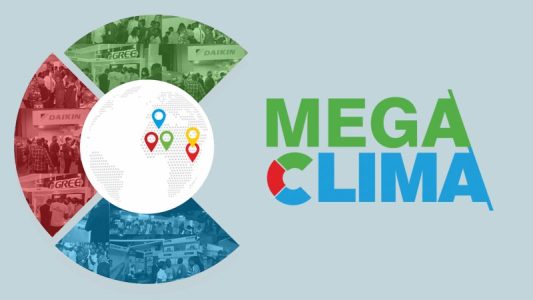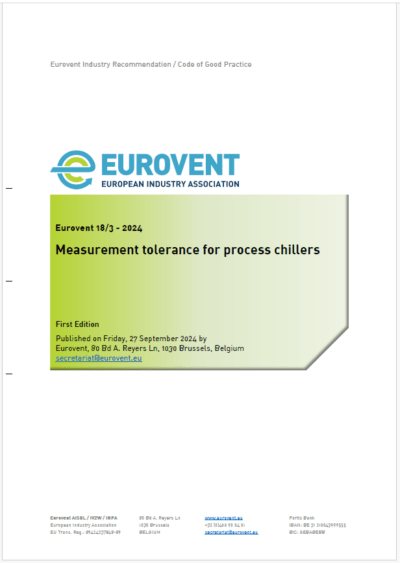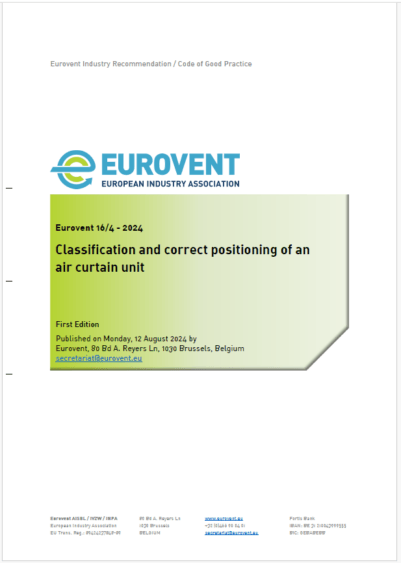Eng. Khaled Klaly, Montreal Protocol Regional Coordinator, West Asia, UNEP, discusses the expectations for COP28, opportunities and challenges facing countries in the Middle East in the fight to limit global warming, and the critical role of the RAC sector.
What are your expectations from COP28?
The expectations are very high that COP 28 will be a turning point in the long journey of the climate work, and all are optimistic that the proactive diplomacy and weight of UAE will result in a historical breakthrough, including realising the desired required plans and funding to help achieve the global warming limit to 1,5 degrees C. The hope to see remarkable pledges to fill in the Loss and Damage Fund is very high, as is regarding the energy transition. Concerning the Montreal Protocol community, I am hopeful to see wide interest from nations to join the Global Cooling Pledge.
How far are we in the fight to limit global warming to 1,5 or, at least, 2 degrees?
It is a very challenging target due to the tough decisions to be made in terms of the technology shift and funding required. Hence, it is not too late, and COP 28 is, maybe, the hope to win this fight.
What are the biggest challenges for the Middle East in this context?
It is mostly the socioeconomic challenges associated with the desired energy shifting. The region has some big economies and less fortunate ones, and therefore, the needs are different for meeting the target. Also, the required support for the mitigation and adaptation work varies from one country to another.
Which countries in this region have yet to ratify the Kigali Amendment, and what is the hold-up?
So far, only three countries have ratified the Kigali Amendment, and there is big hope that the rest will join in during this COP or, at the latest, in early 2024.
Rising temperatures will increase the need for cooling, which increases greenhouse gas emissions, a vicious cycle. Do you see any way to disrupt this cycle?
That is right. We have, as the Montreal Protocol community, realised that, and it is no secret that the Montreal Protocol’s contribution towards climate protection during the past 3 decades is 5 to 6 times higher than the contribution of the Kyoto Protocol. This has been achieved through the shifting to long term ozone-climate friendly alternatives in all sectors including the cooling sector which is the main using sector of controlled substances. The Kigali Amendment adopted in 2016 will add additional benefits mostly by making the shift in the cooling sector, not only by using long term alternative technologies but also through promoting better management of refrigerants as well as by supporting high energy efficiency systems. The cooling pledge and optimistic targets, therein, will add to the already expected contribution of the Kigali Amendment to reduce global warming by 0,5 degrees C by the end of the century.
Eurovent Middle East argues that we use more than double the electricity to cool buildings than necessary due to flawed designs, installation mistakes, and lack of operation protocols and maintenance. Yet, policymakers usually only look at products when regulating energy consumption. Are we missing the big picture, and what can we do to improve?
That is right to some extent. Hence, I wish to highlight that the Montreal Protocol has been giving due importance to improving the management of refrigerants by building the capacities of RAC technicians. There has also been work towards updating national policies, regulations and standards for better practices that minimise emissions of harmful substances to the atmosphere, developing and updating related training and education curricula, and, of course, converting the RAC manufacturing sector to use the most environmentally friendly alternative technologies which also resulted in some improvements in terms of energy efficiency. Now, the Kigali Amendment is giving higher importance to the energy efficiency program and the Multilateral Fund (MLF) started to support energy efficiency components of national plans. Hence, there is a need to work more on the building sector to address energy efficiency in a more holistic way.



















